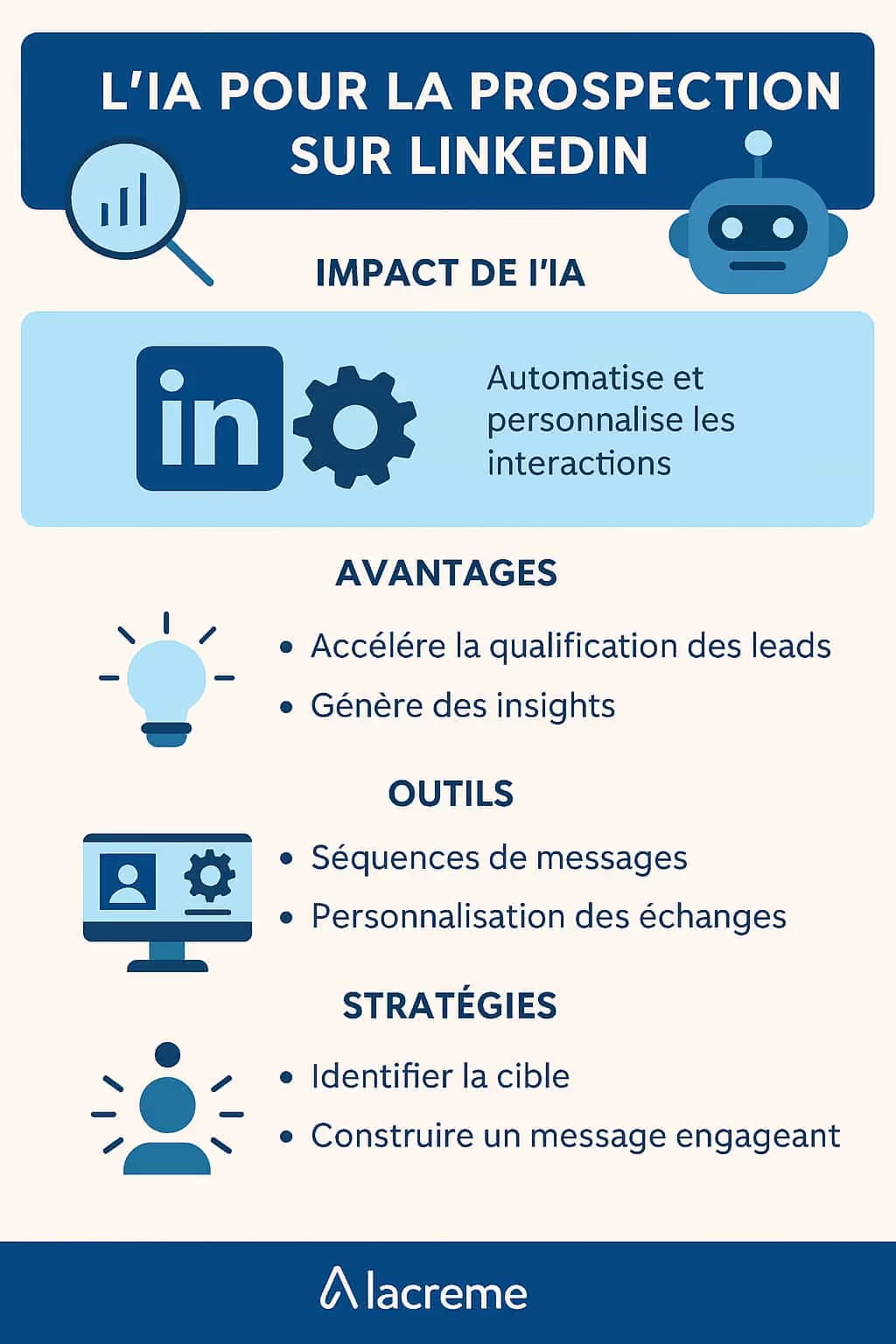The advent ofartificial intelligence (IA) is generating change in many areas, including the legal sector. This transformation, although discreet, is becoming more and more palpable within law firms specialized, where AI pushes the traditional boundaries of practice.
Definition and role of Artificial Intelligence in the legal field
The fundamentals of Artificial Intelligence for specialized lawyers
AI, defined as the set of theories and techniques implemented to create machines capable of simulating intelligence, is now an essential tool for lawyers. In fact, it allowsautomation of repetitive tasks, intelligent document management, or even assistance in making complex decisions thanks to sophisticated algorithms.
The concrete applications of AI in law firms
Les softwares based on AI are able to perform predictive analyses in the field of case law, to assist in automatic text generation, and even to carry out extensive legal research in record time. Specialized law firms are integrating AI to strengthen their expertise in sectors such as corporate law, intellectual property, or contract law.
The Benefits of Integrating AI in Legal Services
Optimization of procedures and case management
AI allows for the streamlining of workloads by automating administrative tasks. This includes the classification and sorting of documents, but also the management of procedural timelines. This leads to a reduction in costs and considerable time savings for legal practitioners, who can now focus on activities with higher added value.
Personalizing legal advice thanks to AI
Through the analysis of big data (Big Data), AI allows lawyers to provide legal advice more targeted and personalized. For example, the tool can suggest specific legal strategies by analysing similar court decisions and comparable contexts.
The transformation of the legal profession in the age of AI
Lawyer-IA complementarity: Collaboration or replacement?
It is not a question of replacing the lawyer, but of creating a synergy between human expertise and the efficiency of the machine. AI assists lawyers by providing them with extensive analytical capabilities, while leaving it up to the legal expert to contextualize and interpret the results for a personal and human touch.
The new skills required for lawyers
The mastery of technological tools is becoming a necessity. It is no longer just a question of knowing the law, but also of understanding the mechanisms of AI in order to be able to collaborate effectively with it. Skills in data analysis, information management and Technology watch are increasingly sought after in specialized law firms.
The ethical and legal challenges of AI in legal practices
Data protection and privacy in the face of AI
Data management through AI raises questions of protection and confidentiality. Firms must ensure that these systems comply with current regulations, such as the GDPR in Europe, and that professional secrets are respected.
Regulation and legal framework for the use of AI in law
The use of AI by law firms must be in compliance with established legal frameworks. Responsibilities in the event of analysis errors or advice provided based on AI should be clearly defined to avoid disputes.
Preparing for the future: Law firms facing the evolution of AI
Anticipating trends: AI and the future of law
Law firms are already piloting research programs to anticipate the impact of AI on the law of tomorrow. They adapt in forming their lawyers with future skills and by integrating new technologies in their daily practices.
Case study and prospects for the evolution of law firms
Concrete cases illustrate the success of integrating AI in law firms, especially in terms of operational efficiency and customer satisfaction. Nevertheless, the need for regular monitoring seems essential to remain competitive and in accordance with legal standards that continue to evolve at the pace of technological innovation. In conclusion, the relationship between AI and legal professionals is constantly evolving. It is marked by a delicate balance between opportunities and challenges, requiring firms to remain vigilant and proactive in the face of this digital revolution that is redefining the contours of their business.






